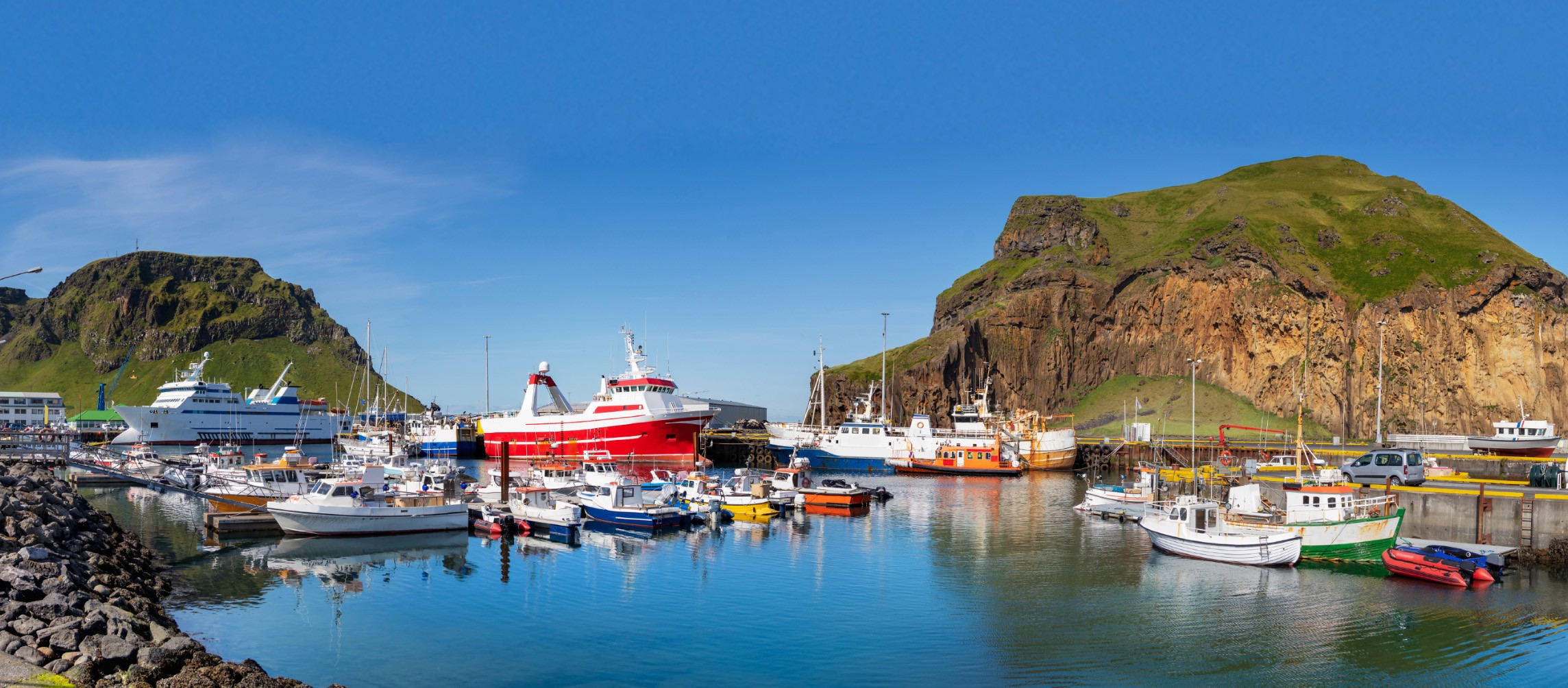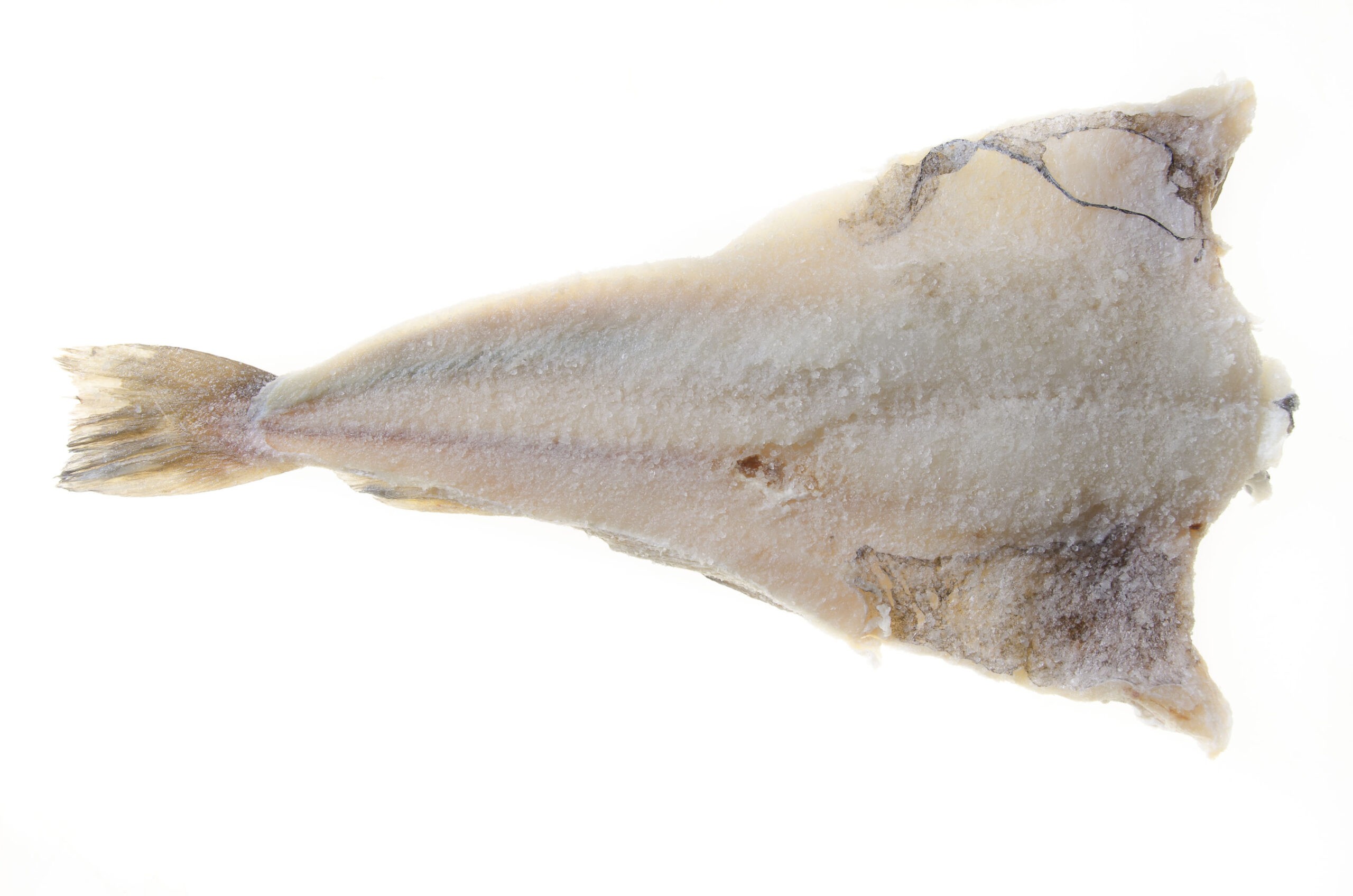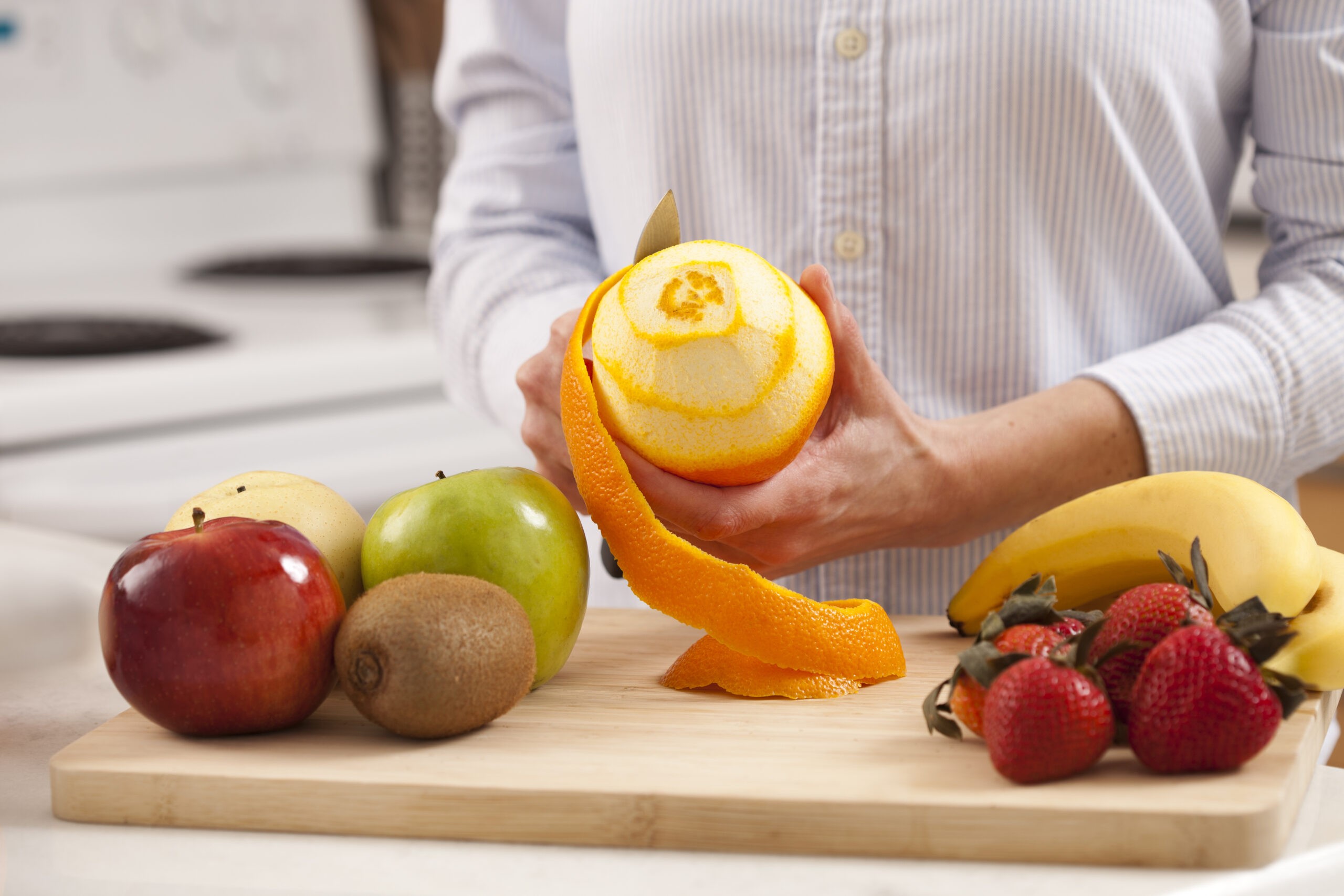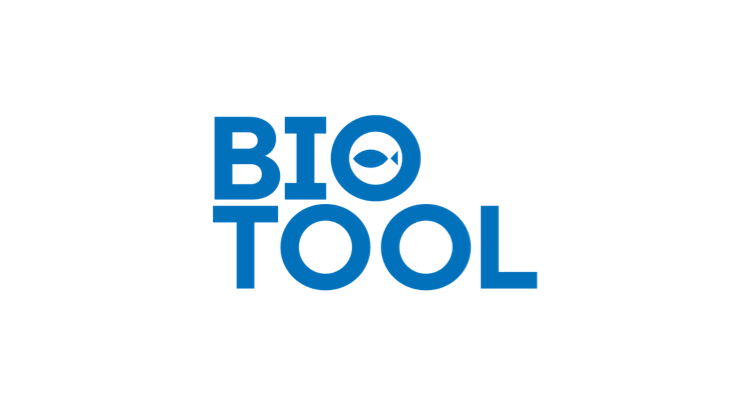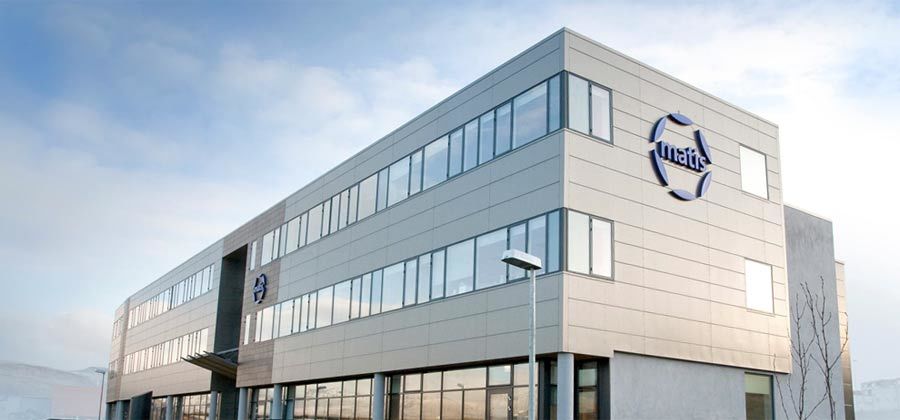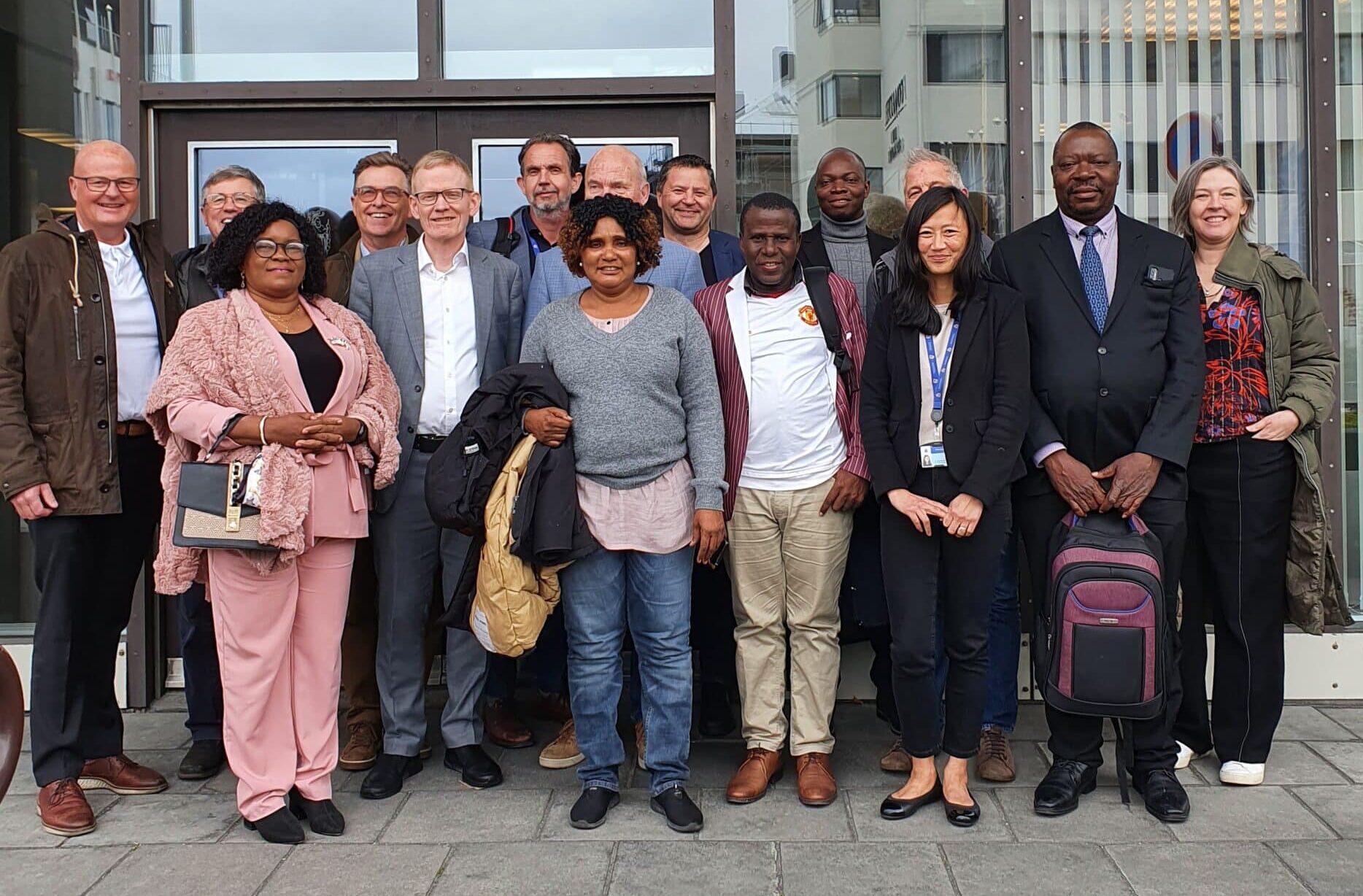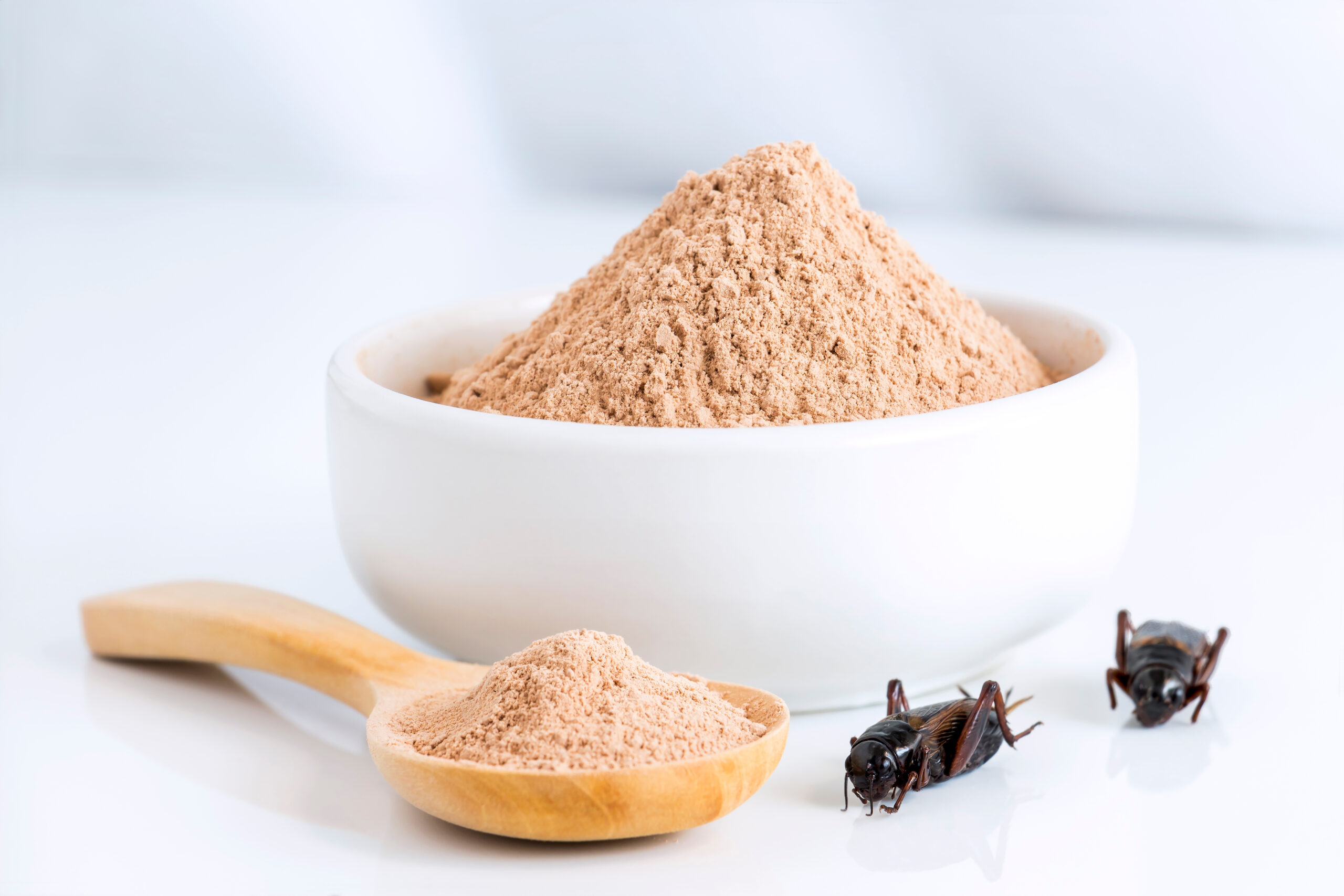Matís is advertising for a project manager in Vestmannaeyjar
Þekkingarsetur Vestmannaeyja (ÞSV) og Matís ohf. óska eftir að ráða verkefnastjóra í 100% starf, um 50% starf hjá hvoru fyrirtæki. […]
Matís is advertising for a project manager in Vestmannaeyjar Nánar »
